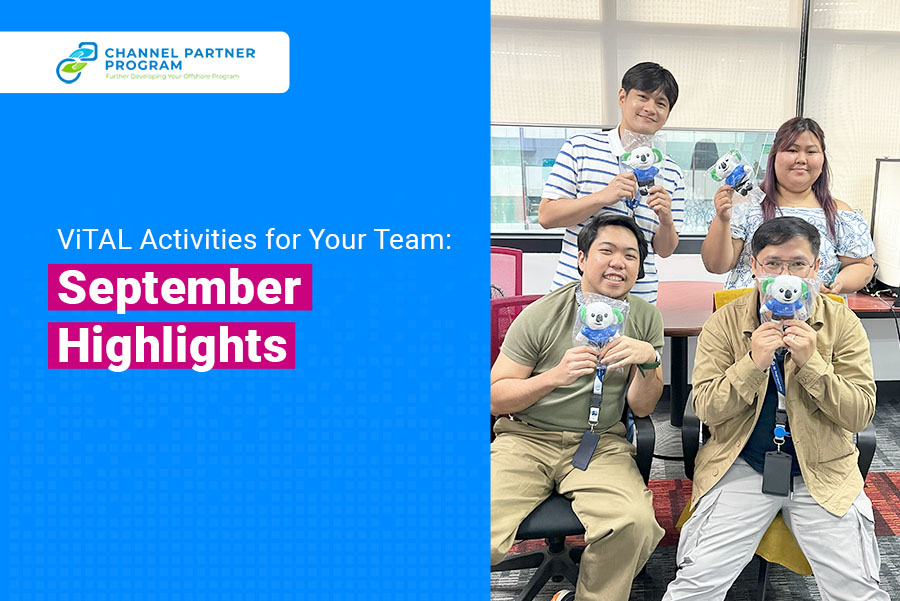Strong communication is at the core of any successful team, and when you’re managing teams remotely or offshore, it matters even more. The way leaders speak, connect, and check in can either build trust and engagement or cause misalignment and discomfort.
Many team members value warmth and empathy, but professionalism must still take the lead. So how do you keep your conversations personal and human without blurring boundaries?
Let’s talk about how to communicate with impact – without overstepping.
Why Human-Centered Communication Matters
Whether your team is in Manila, Melbourne, or Miami, most professionals respond positively to leaders who:
- Check in with genuine interest
- Recognize effort and contribution
- Make space for open dialogue
These small moments of connection can build loyalty, improve morale, and increase retention. But when conversations become too familiar or emotional, leaders may find it harder to enforce accountability or maintain professional distance.
That’s where the balance comes in.
Striking the Right Tone: Personal, Not Private
Here are three communication tips to help you stay human—but lead with intention:
1. Be approachable, but clear about expectations
Show care for your team members, but always anchor conversations in shared goals, responsibilities, or outcomes. This reinforces trust and clarity.
“I know things have been overwhelming—how can we adjust this week to stay on track?”
2. Recognize effort—without making it personal
Instead of saying “You’re my best team member,” try “Your attention to detail really helped us meet the deadline this week.”
3. Set healthy boundaries
It’s okay to share a bit about yourself or ask about someone’s day—but steer clear of topics that may feel too personal, divisive, or emotionally charged. Respect varies by culture, so always keep professionalism at the center.
Why It’s Even More Important in Remote & Offshore Teams
When teams work across locations, time zones, or cultures, nuance gets lost more easily. Tone, body language, and even intent can be misread—so clarity, consistency, and empathy must be intentional.
Here’s what we’ve found effective in offshore and hybrid teams:
- Check for understanding, not just agreement
- Use structured feedback tools to remove ambiguity
- Normalize healthy dialogue—both upward and across peers
Strong communication in global teams doesn’t just build morale—it improves productivity, minimizes misunderstandings, and fosters a more resilient culture.
The Takeaway: Stay Human, Stay Professional
It’s entirely possible to build authentic relationships with your team and maintain your leadership edge. The key is intentional communication—rooted in empathy, guided by clarity, and backed by mutual respect.
When you get that balance right, you create teams that feel safe, supported, and empowered to do their best work.





